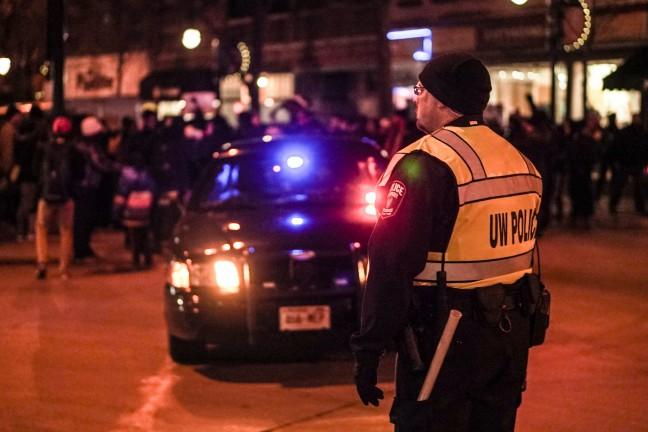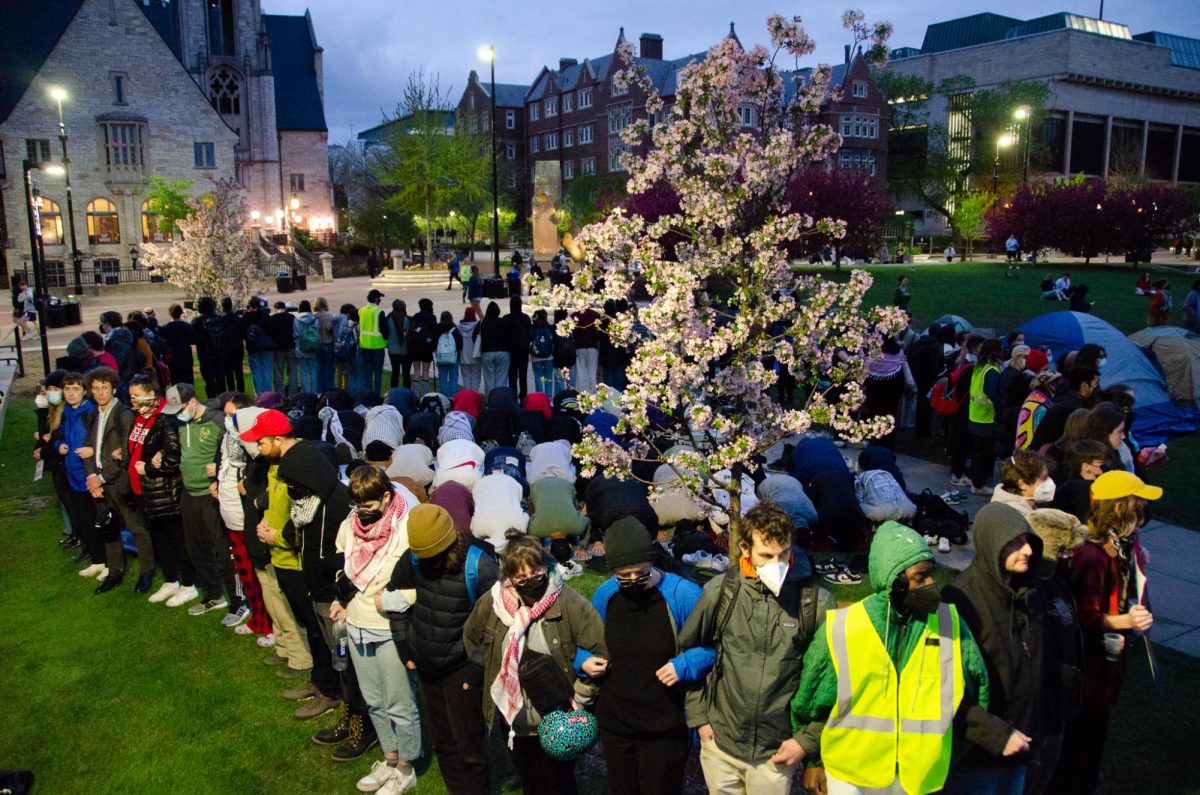The City of Madison Body-Worn Camera Feasibility Review Committee met with Milwaukee Police Department officials to discuss the feasibility of implementing police body cameras in Madison on Thursday.
Members of the Milwaukee Police Department answered questions from members of the review committee. Milwaukee Police Department Chief of Staff Nicholas DeSiato said Milwaukee adopted body cameras in October 2018, starting with just over 100 and expanding now to 1,100 body cameras.
Madison has begun to consider having body cameras on Madison Police Department officers, and earlier this month the Equal Opportunity Commission reviewed proposals for body camera implementation.
Milwaukee Assistant Attorney Peter Block said Wisconsin State statute requires body camera footage to be retained for at least 120 days minimum. But, data must be retained until the final disposition of any investigation or complaint is completed.
Block added this could include custodial arrest (arrest where an individual is restrained), temporary questioning or an encounter requiring use of force, among other reasons.
Block said each video is tagged with a computer aided dispatch number, a title and a retention. The type of scene police officers respond to will determine how long videos are retained for. Videos can be retained indefinitely, Block said.
Block said redactions from video before it becomes public record can be made if videos capture sensitive information. This would include a person’s mental or physical state, or if the video were to capture a juvenile. Block added that the redaction process for videos can become time-consuming.
Block said this was a problem they foresaw before implementing the body camera program in Milwaukee.
“It can get complicated when you have a critical incident where you have 30 officers on the scene,” Block said. “If someone requests all of the body camera footage on the scene and everyone has 2 hours of footage, now there is 60 hours of footage that then needs to be redacted.”
Milwaukee to cut 120 police officers under Mayor’s 2021 budget proposal
Block said there was an initial thought that video storage would become a problem. The body camera program in Milwaukee has accumulated 904,000 hours of video since October 2018.
Since videos in ongoing investigations are retained past the 120 day threshold deadline, the videos are being added faster than they are being deleted, Block said. This is addressed by using a cloud storage service from the body camera vendor. The service costs the department extra money, Block said.
DeSiato said the body cameras help improve transparency, and they can also help get in front of narratives. Desiato added that community briefings were implemented by MPD as a way to construct a narrative of shootings involving police using body camera footage.
Kenosha arrests raise questions about policing in Dane County
Other Members of the MPD said body cameras can be implemented as a training tool for officers to review interactions between them and members of the community.
Block said there are no standards out there on how body cameras are activated. Sometimes it is the officers who turn them on, and sometimes it is turned on as an automatic response from a certain input. The body cameras used by MPD are automatically turned on when the squad car lights are turned on, Block said.
“Being able to say this is what happened, whether it’s good, bad or indifferent,” DeSiato said. “Being able to put that out there is really powerful and critical to our department.”
















